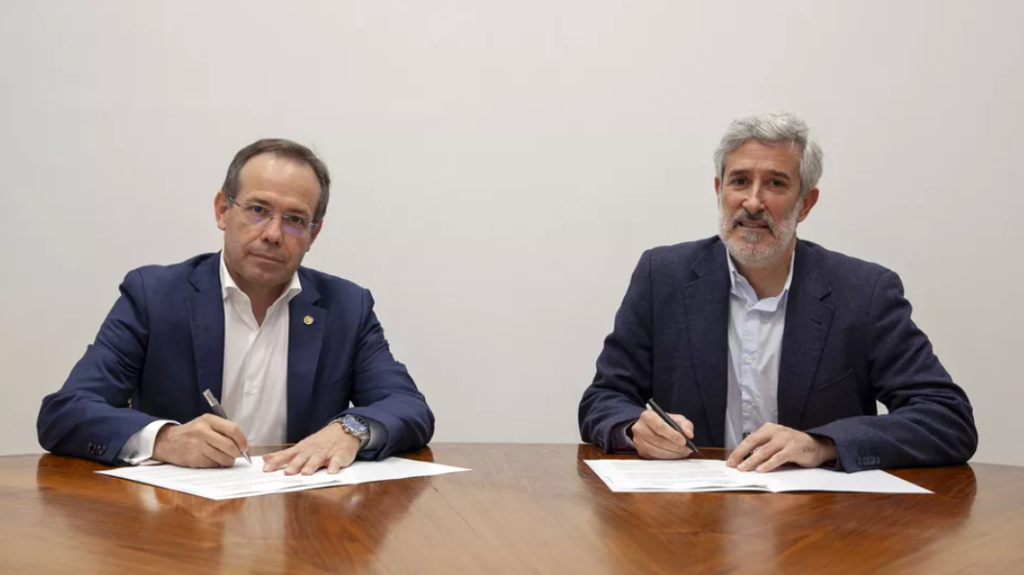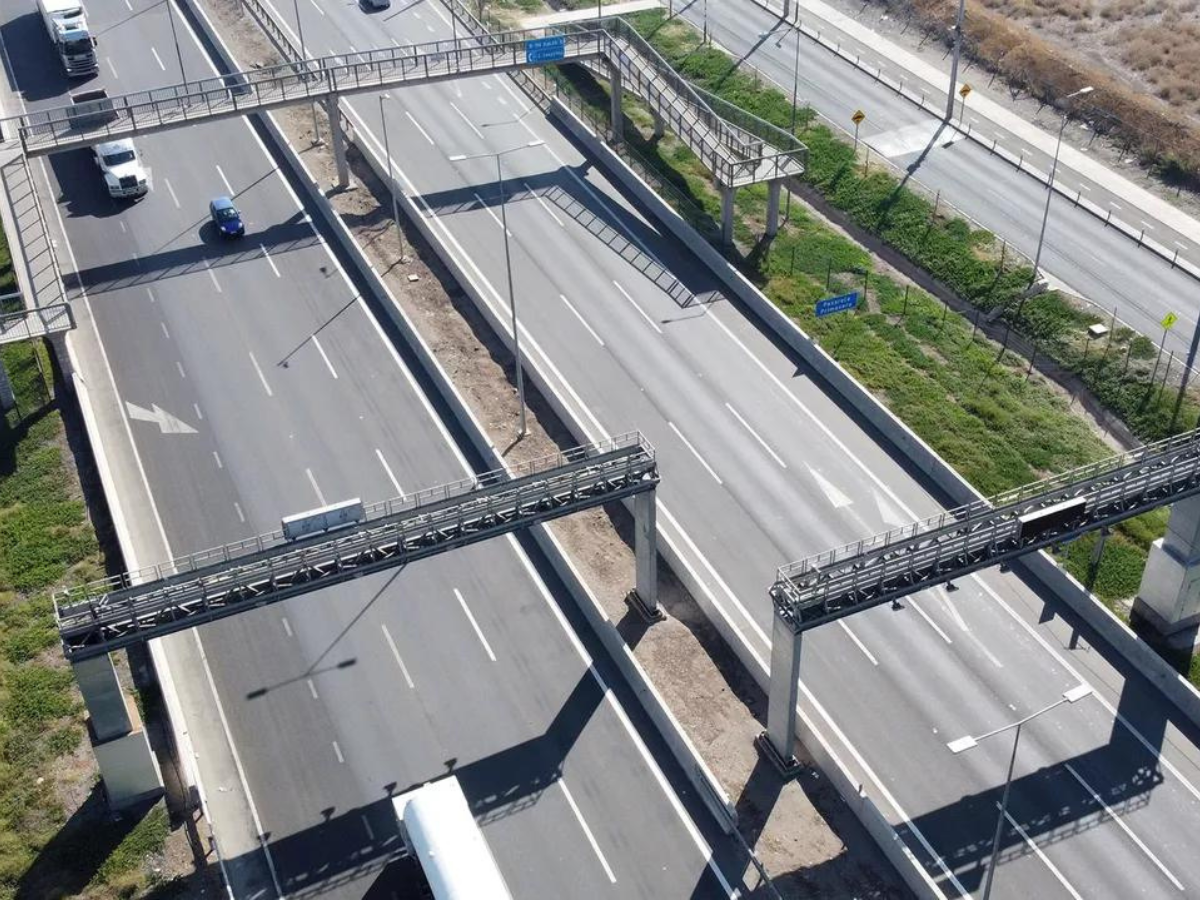Kapsch TrafficCom and Universidad Pontificia Comillas Collaborate to Pioneer the Future of Smart and Sustainable Mobility
Kapsch TrafficCom has announced a strategic collaboration with the renowned Spanish Comillas Pontifical University. Under this alliance, Kapsch will fund the establishment of a ‘Chair for Smart and Sustainable Mobility’.

The primary objective of this collaboration is to delve deep into the facets of urban mobility. The Chair will be instrumental in examining, analyzing, and proposing cutting-edge policy designs. By fostering a close-knit academic-industrial partnership, both entities seek to facilitate the development and implementation of holistic solutions that are geared towards a smarter and more eco-friendly transportation paradigm.
On this significant occasion, Alfredo Escribá, CTO of Kapsch TrafficCom, remarked:Our future hinges on our ability to innovate and adapt, especially in the realm of mobility. The urgency to transition towards sustainable transport systems is palpable. By partnering with Comillas Pontifical University, we aim to pave the way for methodical research and actionable insights into sustainable mobility. Together, we will redefine what it means to travel smartly and sustainably in our cities.
Mariano Ventosa, vice-rector of Research and Faculty at Comillas explains:Mobility management is a complex task, with a number of technologies involved, especially in the urban environment, but in others too. Intelligent systems will allow to better manage mobility and help decarbonization if the proper incentives and rules are established. Even the European Union has underlined it in its ‘Sustainable and Smart Mobility Strategy’ in the frame of The European Green Plan.
This partnership underscores unwavering commitment of Kapsch TrafficCom to push the boundaries of innovation while prioritizing environmental stewardship. As cities worldwide grapple with the challenges posed by rapid urbanization, congestion, and environmental concerns, the solutions stemming from this Chair will undeniably play a pivotal role in guiding urban planners, policymakers, and industry stakeholders.
This article was originally published by Kapsch TrafficCom.















